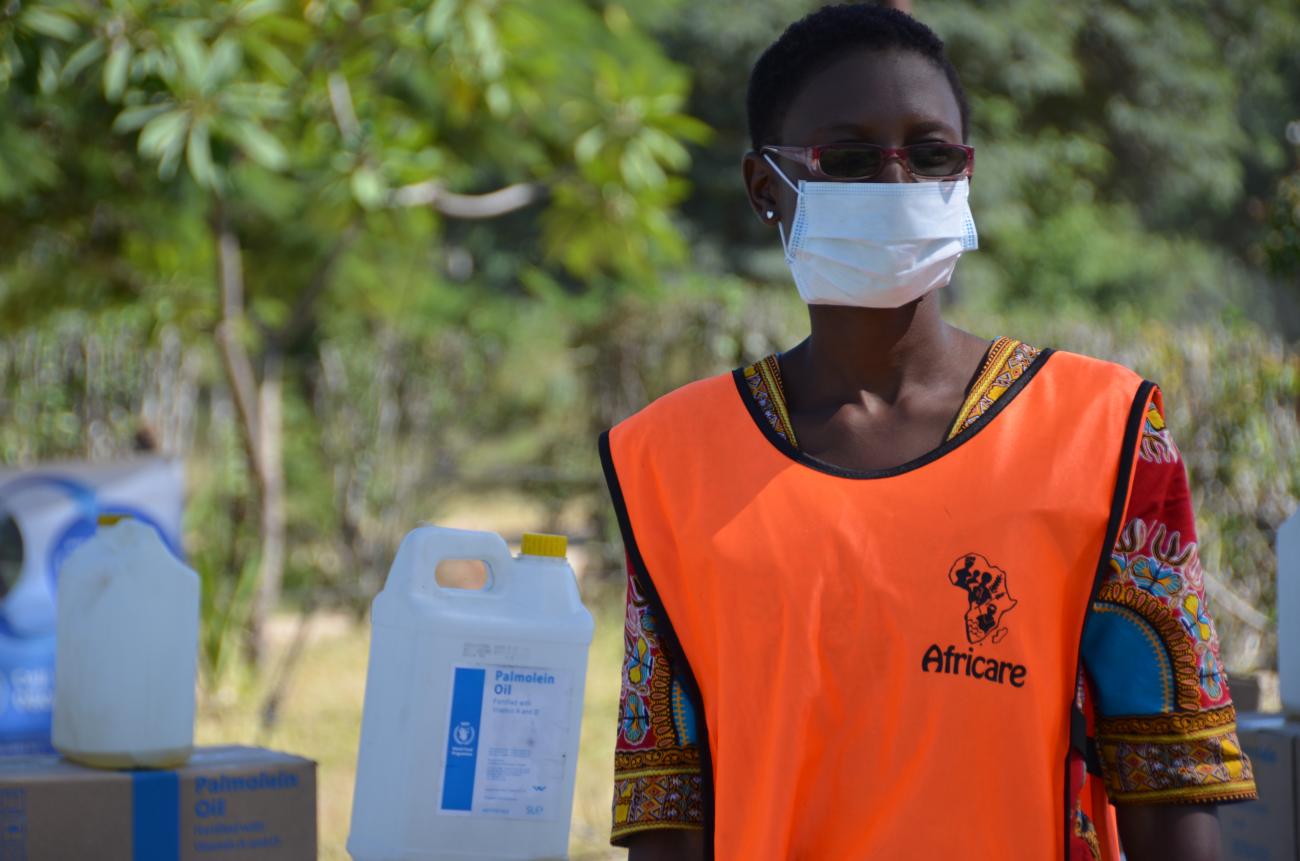Government, UN appeal for US$800m to respond to humanitarian, #COVID-19 needs

The 2020 Zimbabwe Humanitarian Response Plan prioritizes lifesaving and life-sustaining support targeting 5.6 million people most in need
The 2020 Humanitarian Response Plan for Zimbabwe targets 5.6 million people with food assistance and support in the areas of health, water-sanitation hygiene, education, protection, nutrition, shelter, and camp coordination and management.
The Plan requests for a total of US$715 million from the international community. The Humanitarian Response Plan was signed by the Minister of Local Government, Public Works, and National Housing, Honorable July Moyo and the UN Resident Coordinator, Ms. Maria Ribeiro in the presence of His Excellency President Emmerson D. Mnangagwa, Government Ministers, WHO and WFP representatives and the media.
Noting that the launch of the Humanitarian Response Plan was taking place in the context of the COVID-19 pandemic at a time when there are millions infected in the world and where the virus has set-foot in Zimbabwe, UN Resident Coordinator Ms. Maria Ribeiro said, “the Humanitarian Response Plan will play a key role in mitigating the impact of the COVID-19 pandemic and protecting those most vulnerable in communities in Zimbabwe.” Following the declaration of COVID-19 as a national disaster by President Emmerson D. Mnangagwa on 19 March 2020, efforts have been scaled up to further contain the spread.
The Zimbabwe Humanitarian Response Plan addresses the increasing vulnerabilities of an estimated seven million people who need multi-sectoral humanitarian support. Food insecurity remains the major concern with over 4.3 million people – or 46% of the rural population – requiring continued assistance. Urban vulnerability has also been on the increase due to persistent economic shocks, leaving some 2.2 million people food insecure according to the latest urban Zimbabwe Vulnerability Assessment Committee assessment.
Since 2019, Zimbabwe has experienced multiple climate and economic related shocks impacting the lives of many in both rural and urban communities, with the COVID-19 pandemic being the latest shock impacting on the wellbeing and livelihoods of Zimbabweans. Those hardest hit have been forced to resort to negative coping mechanisms, with particularly dangerous consequences for women and girls who are simply striving to survive.
The Humanitarian Response Plan prioritizes lifesaving and life-sustaining support targeting the people most in need, including residual humanitarian needs of Cyclone Idai-affected communities and on-going support to refugees, and is being implemented in collaboration with 47 operational partners through the cluster approach, in which, of the total USD 715m required: approximately 60% or USD422m planned is for food security; USD 63m for health; USD 61m for water, sanitation and hygiene; USD 42m for education; USD 21m for protection; USD18m for nutrition; USD 10m for shelter, and USD 950,000 for camp coordination and management.
On 7 May, the United Nations and humanitarian partners in Zimbabwe have appealed for an additional US$84.9 million to respond to both the immediate public health crisis and the secondary impacts of the COVID-19 pandemic on vulnerable people in Zimbabwe. The addendum, which was also included in the Global Humanitarian Response Plan, complements the Zimbabwe Humanitarian Response Plan.
The UN Resident Coordinator in Zimbabwe Maria Ribeiro said, “this additional appeal is part of the GHRP which will contribute to Zimbabwe’s national response on COVID-19, particularly addressing the most vulnerable, including children, the elderly, women, people with disabilities, people living with HIV, refugees, migrants, and those affected by drought and food insecurity.”
The COVID-19 addendum to the HRP seeks to mobilize emergency funding for UN agencies and NGOs to provide support to public health emergency response to contain the spread of the COVID-19, through health programming, risk communication and community engagement, infection control and prevention, and provision of water supply and increased hygiene and sanitation intervention.
As of 30 May 2020, the Zimbabwe appeal with total requirement of US$ 800 million has been funded for 18.9% or US$ 151.1 million, with Food Security funded 26%, Nutrition 15%, Protection 6%, WASH 3.1% and Health 2.3 %, and other sectors unfunded.




